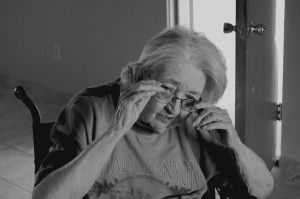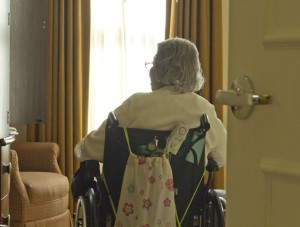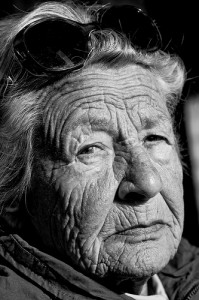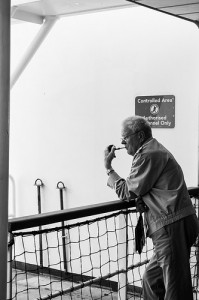Nursing homes in California should take note of the negative publicity surrounding elder abuse and assisted-living facilities in our state. A recent article in the Santa Cruz Sentinel described serious nursing home abuse allegations that point to fraudulent Medicare claims and poor patient treatment. In Watsonville, located in Santa Cruz County, the owners of two nursing homes are facing a lawsuit. According to the report, federal prosecutors sued the owners “allegi ng that leaders made fraudulent Medicare claims” and “persistently and severely overmedicated elderly and vulnerable residents.”
ng that leaders made fraudulent Medicare claims” and “persistently and severely overmedicated elderly and vulnerable residents.”
Overmedication and Fraud Allegations
The two nursing homes at issue are Country Villa Watsonville Easy Nursing Center and Country Villa Watsonville West Nursing Center, both in Santa Cruz County. The owners have been linked to serious crimes connected to nursing home abuse and neglect.
 Southern California Nursing Home Abuse Lawyer Blog
Southern California Nursing Home Abuse Lawyer Blog
















